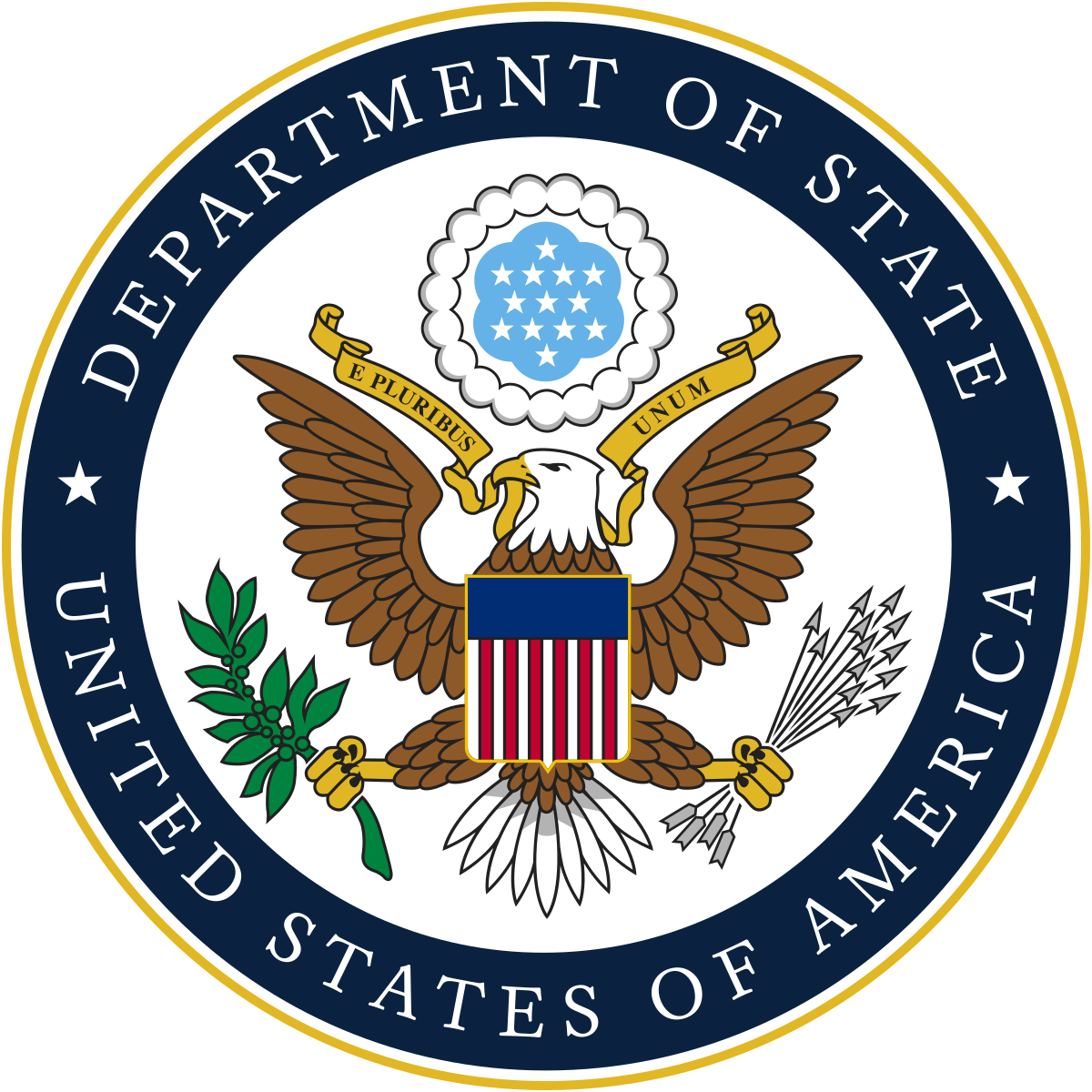Pan Africa Youth Leadership Program
Meridian is pleased to implement the U.S. Department of State’s Pan Africa Youth Leadership Program (PAYLP) on behalf of the U.S. Department of State Bureau of Educational and Cultural Affairs. Each year, this dynamic youth leadership program engages 150 anglophone and francophone high school students and adult mentors from over 40 countries in Africa for a three-week U.S.-based cultural exchange and civic engagement training program.
Launching in Atlanta, Georgia, PAYLP commences with an intensive week of workshops and cultural visits before participants split into smaller cohorts across various regions of the United States. The program offers:
- Interactive leadership trainings
- Conflict resolution seminars
- Social entrepreneurship classes
- Community service opportunities
- Homestays with American host families
- An overview of U.S history and institutions
- Exciting cultural activities
- A lifelong alumni network
Following a program of practical leadership and technical skills training centered around an action-planning curriculum, the PAYLP experience concludes with capstone project presentations, and a closing ceremony in which participants reconvene to share their experiences and reflect on the lessons learned from the program.
Throughout the program, youth encounter and foster relationships with fellow participants from across the African continent and exchange ideas with each other in addition to American peers.
Objectives
When we think of youth, we think of idealism, hopes, and dreams for the future. PAYLP believes in the potential for great and lasting impact when leadership programs target young emerging leaders and adults who empower them. Centered around the key themes of civic engagement, community service, and youth leadership development, PAYLP aims to:
- Empower African youth to positively contribute to their communities
- Prepare African youth to become responsible citizens
- Build tolerance and respect through shared culture and values
- Promote mutual understanding between the people of the United States
and rising leaders throughout Africa
Community Action Plans & Mini-Grants
Community Actions Plans are the capstone project of PAYLP. While on the program, participants and adult mentors work in country teams to create a Community Action Plan for a community in their home country. Toward the end of their time in the United States, participants then showcase these action plans to the rest of their cohort through 5 to 10-minute presentations.
Upon successful completion of the program, new PAYLP alumni can apply as a group or individually for a PAYLP Mini-Grant with seed funding of up to $500 to implement a Community Action Plan. This is an excellent opportunity for recent alumni to put their new leadership and problem-solving skills to work.
PAYLP Alumni Engagement
The goal of PAYLP is to create the next generation of leaders in Sub-Saharan Africa and around the world. Participation in the program lays a foundation for lifelong connections across the African continent and beyond. In addition to joining the PAYLP alumni community, participants also become a part of the U.S. Department of State Bureau of Educational and Cultural Affairs’ ever-growing global network of exchange program alumni. These two communities provide participants with a wealth of post-program development and engagement opportunities upon their return to their home countries.
PAYLP Ambassador
After the program, participants are encouraged to share their PAYLP experience with others in their community, creating opportunities for their friends, family, classmates, and colleagues to gain from their new knowledge and experiences.
Please inform Meridian of any events or webinars you organize or attend as a PAYLP Alumni Ambassador. Continuing as a PAYLP Ambassador is a great way to expand and maintain your network while also helping your community benefit from your time on PAYLP.
PAYLP All-Stars
Between February and March of 2023, Meridian International Center hosted the PAYLP All-Stars Program – a one-time alumni program bringing together competitively selected top PAYLP alumni from across all cohorts (2013-2022) and countries. Through PAYLP All-Stars, 67 talented, hard-working, and highly motivated PAYLP alumni from 38 countries spent two and a half weeks in the United States for an intensive leadership training and development program.
The program consisted of a short orientation conference in Washington, DC, where participants received a program overview, followed by a two-week community leadership program held in Alabama, Missouri, Vermont, and Washington. During this portion of the program, All-Stars participants received leadership training, networking and volunteer opportunities, and cultural experiences. The program culminated with Community Action Plan competitions in each host city. Semi-finalists selected by panels of judges in each host city presented their Community Action Plans during a closing forum to the rest of their cohort. During this forum, one semi-finalist was selected by a panel of judges to receive funding of up to $3,000 to implement their Community Action Plan.
The PAYLP All-Stars Program focused on the following skills:
- Leadership Development
- Communications and Negotiation Skills
- Peacebuilding and Conflict Resolutions
- Community Engagement
Upon completion of the program, all participants were able to apply for funding of up to $3,000 to implement their Community Action Plans.
Applicants interested in the program should contact the nearest US embassy regarding more information as Meridian is not involved in the recruitment or selection process.
Sponsor

Recent Projects
Latest News